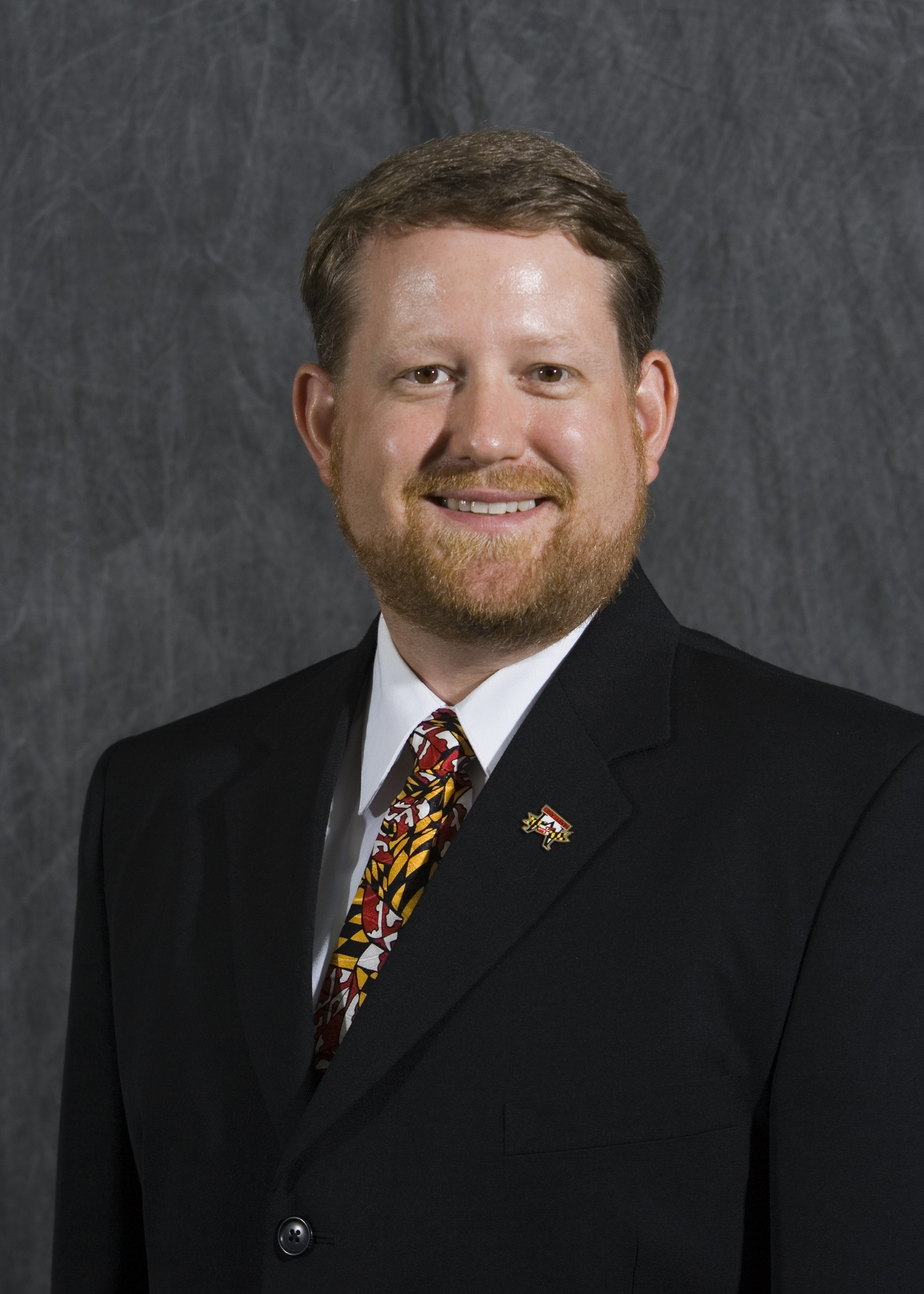
FORT WORTH, Texas (BP)–Take a deep breath. Now, hold it.
What you do next could contribute to catastrophic global warming.
If you breathe out, you will be emitting carbon dioxide, which the Environmental Protection Agency has decided is an environmental pollutant worthy of regulation. The Clean Air Act requires the EPA to create rules limiting the emission of airborne pollutants from both “static” and “mobile” sources. You are a mobile source. Every time you exhale you emit carbon dioxide.
It’s amazing to think that simply by breathing — an act necessary to the very existence of human life — you are pumping poison into the atmosphere of “mother earth.” Anthropogenic climate change didn’t start with the industrial revolution. It didn’t even start with the Fall. It supposedly started just as soon as God breathed into Adam the very breath of life.
Such a shame God didn’t design the world better — or did He?
God created human beings to breathe in oxygen and exhale carbon dioxide. He placed Adam and Eve in the Garden of Eden, a garden full of plants designed to “breathe” in carbon dioxide and to “exhale” oxygen. What for us is the waste product of breathing is to plants a necessary component of life. What to plants is the waste product of photosynthesis (oxygen) is to us the very air we breathe. What an elegant design; how “very good” (Genesis 1:30)!
Unlike some gases, such as methane or carbon monoxide, carbon dioxide is NOT an environmental pollutant. So, why is the EPA trying to regulate it? To be sure, the EPA is not trying to regulate human exhalation (yet!); it has proposed new regulations aimed at buildings, factories, cars and trucks. The idea is that marginal reductions in CO2 emissions from these sources will help to turn the tide on the catastrophic warming that is allegedly on the way.
This move by the EPA has at least three major problems with it.
For religious leaders, the first is the counter-intuitive claim that God’s creation is so fragile that microscopic changes in the level of carbon dioxide in the atmosphere (from 0.027% to 0.039% of the atmosphere) will end life as we know it on this planet. On the contrary, God’s creation is a robust system that will not be collapsed by such a small increase in a gas that is no pollutant, and indeed is a necessary element of virtually all plant life on earth (cf. Genesis 8:21-22).
A second problem is the economic impact of regulating carbon dioxide emissions. Such regulations would amount to a tax on energy. These costs would not simply be absorbed by energy producers; they would be passed on to every energy consumer. As $4/gallon gas prices loom over the hazy summertime horizon, this is a fearsome prospect. Not only would prices at the pump rise, but the cost of everything produced and transported under the new regulations would go up. A little-known fact is that the EPA does not consider the economic impact of its proposed regulations — and it really shows here. The EPA may not consider the economic ramifications of its regulations, but if we care about the quality of life for average Americans (and especially for the poor), then we certainly should.
A third problem is that it is not at all clear that the EPA has the authority under the Clean Air Act to regulate carbon dioxide emissions. The Act does not grant the EPA the authority to regulate greenhouse gas emissions, let alone a gas that is clearly not a pollutant. Despite a recent Supreme Court ruling (Massachusetts v. EPA), members of Congress from across the political spectrum have stated unequivocally that authority to address greenhouse gas emissions rests with the legislative branch, not the executive. Congress rejected these kinds of controls when it voted down cap-and-trade legislation two years ago. In that light, the EPA’s regulatory move amounts to nothing less than a usurpation of power.
Congress is now considering legislation that would clarify the Clean Air Act and prevent the EPA from attempting to regulate carbon dioxide emissions. H.R. 910, the Energy Tax Prevention Act, in the House, and an amendment by Sen. Mitch McConnell to S.B. 493 (on small businesses), in the Senate, would return decisions about greenhouse gases to the elected representatives of the people and the states, legislators who are responsive to the concerns of voters in a way that unelected bureaucrats just are not.
I, for one, will breathe much easier.
–30–
Benjamin B. Phillips is an assistant professor of systematic theology at Southwestern Baptist Theological Seminary’s Houston Campus and a research fellow of the Cornwall Alliance for the Stewardship of Creation, a national network of clergy, scientists, economists and other experts committed to helping the poor and caring for the environment.
















